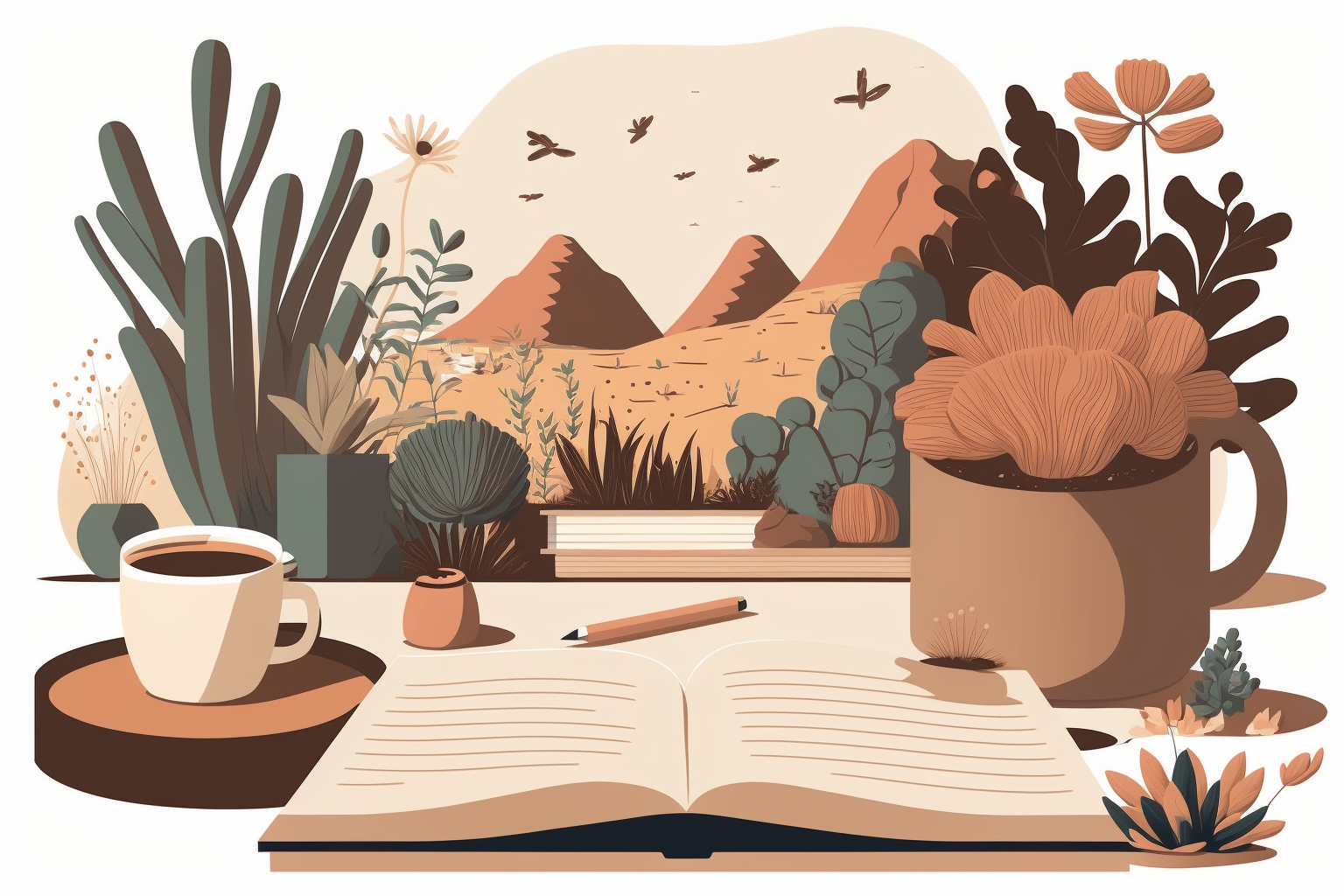Book Publishing and
The Issue of Fair Use
By Mary Kole
Mary Kole is a former literary agent, freelance editor, writing teacher, author of Writing Irresistible Kidlit, and IP developer for major publishers, with over a decade in the publishing industry.
The legal term “fair use” has important implications for writers and authors, but these aren’t always well understood. Completing a novel can make a writer eager to share snippets of it in order to build anticipation or allow readers a sneak peek. Some writers also wonder whether publishing a snippet and racking up publishing credits will somehow catch literary agent and publishing house attention.
Before moving forward, it's vital to understand the legal ramifications of publishing a fair use excerpt. In this article, I’ll look into the concept of fair use when it comes to using copyrighted material in your own work, as well as potential impacts on rights and licensing when you publish a portion of your novel ahead of landing a book contract.
What is Fair Use?
The phrase “fair use” indicates the ability to use copyrighted material without seeking permission from the copyright holder, for educational or news reporting functions. According to the law, authors can use a certain amount of copyrighted material without obtaining official consent or paying licensing fees. For instance, if an author wishes to quote a couple of lines from a book they read for the purpose of reviewing it, that would likely qualify as fair use. (This is how I was able to sample from so many novels for my book, Writing Irresistible Kidlit.)
Nevertheless, fair use is based on how each case is interpreted, and the percentage of work that could be reproduced without penalty or licensing fees is different. A few lines from a novel as an epigraph in your project should be no issue. Two verses from a song? No way. (Music publishing is very strict when it comes to fair use, and even one line from a song is usually enough to trigger a licensing fee.)
So that’s fair use when you want to use someone else’s material. But what if you want to publish a novel excerpt and then go on to publish the entire manuscript of your own work? It’s important for authors looking to publish excerpts of their own works to understand the possible risks involved.
Publishing Portions of Your Own Work
When it comes to publishing an excerpt from your own novel, there are certain rights and licensing laws that must be adhered to, first and foremost. Ensure that you have all the necessary rights and licenses for any content. When you’ve created the project, this should be no problem.
But then you might publish a chapter in a literary journal. Or a passage on a blog. Or on your own website. We all know that each book is a bundle or pie of rights that can be sold together or separately. Film rights, merchandising rights, digital rights, audio rights, first serial, and print rights.
So which rights are you using when you publish an excerpt of a novel? Does this fall under “fair use” or are you shooting yourself in the foot when it comes to attracting a publisher for that same project down the road? Technically, you could be giving up print rights or first serial rights when you publish a novel excerpt.
Most publishers are okay with this scenario, but you never know. A publisher wants to be getting the latest and greatest, and they might view this as a less valuable property if rights have already been exploited. (It’s different when a book is already under contract and the excerpt is being published for marketing purposes.)
Also, be mindful of how much of your excerpt will be included in the full version of the book. Or whether you plan to revise your material significantly after the excerpt is published (which could make these rights and fair use questions moot).
Knowing the principles of fair use and obtaining correct permissions and licenses when excerpting other people’s work is very important. But these concepts are also key to think about before you release a section of your own book, especially if you are looking to publish it traditionally down the road.
By learning about these concepts now, writers can avoid costly errors in the future and rest easy knowing that their work is protected under copyright law and its many tenets, including fair use.
This post contains affiliate links.

Click here to purchase Irresistible Query Letters, my book on query letters, including over forty examples with comprehensive notes on each one. There’s a ton of submission advice, best practices, and insider information in these pages, and you’ll really enjoy seeing what other writers are doing in the slush.



